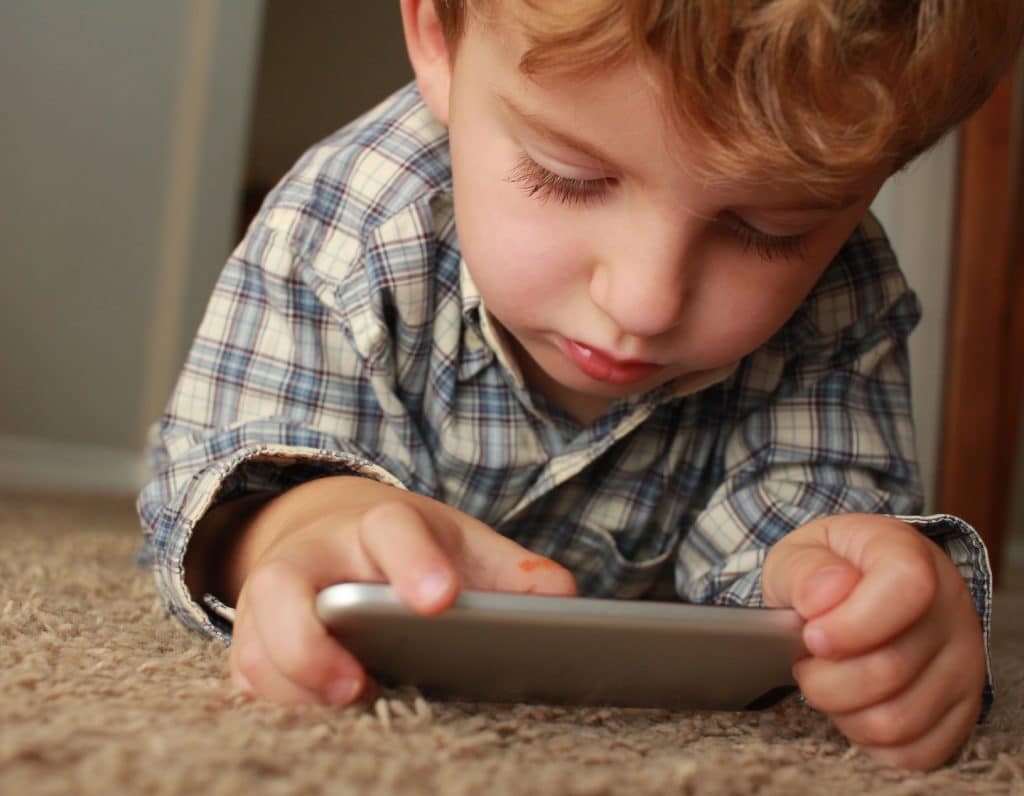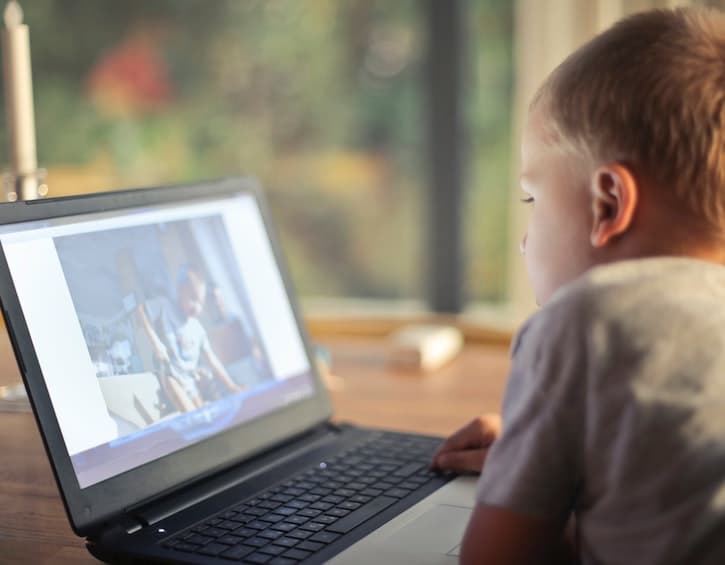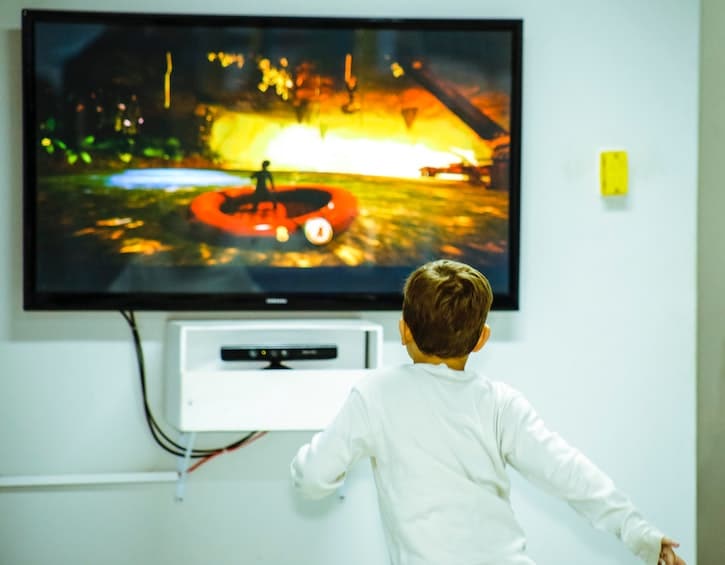
Setting healthy screen time rules for your little ones will serve you well in the years to come.
Parents these days are increasingly worried about troubling content on social media (sometimes leading to unfounded rumours like the Momo Challenge). They wonder if they can effectively keep their kids safe and distanced from disturbing content, while at the same time allowing them the freedom to enjoy apps, games, and videos (some of which can be educational and even necessary). Current school-aged children, or technically anyone born into the digital age, are known as digital natives. They consider technology to be an integral and embedded part of their world; on the other hand, most parents of these children are digital immigrants who have lived in the analogue world and consider technology to be novel and often avoidable.
Keeping this difference in mind, it is natural for parents to both struggle with, and feel anxiety about, how their children engage with screens. Thankfully, with the increase in usage, a parallel development of resources, research and school involvement has unfolded so that parents do not have to battle it alone. Here are some important things to keep in mind, while taking care that your children aren’t subjected to unhealthy amounts of social media or screen time.
Read more: Parenting Tips: Websites And Apps To Navigate Your Child’s Screen Time

At what age can you introduce screens?
The ideal, age-appropriate time for kids to spend looking at a screen is yet to be agreed upon. But one thing that can be agreed upon is that any use of screens is changing the way that children think, act and ultimately operate within society. In 2019, The World Health Organization published guidelines recommending that babies under the age of two receive no screen time and that the only media observed is that of storytelling and books. From there, toddlers and small children under the age of five should be limited to an hour or less a day, and that is only with a balanced prescription of both physical activity, proper nutrition and adequate sleep.
What is suitable content?
Despite this information, many parents still allow their young children access to screens. Parents justify this use through educational apps and wholesome media content. For the under-five crowd, many simple tablet apps encourage early literacy and numeracy games. As children reach the primary school years, means to encourage reading and listening skills are readily available and of course, in the later elementary years, non-conflict based games are available that focus on creativity and challenge, rather than violence and aggression. A long-standing source, Common Sense Media, is a non-profit entity that aims to help parents wade through the nonsense, so it’s a good place to start when it comes to seeking informed decisions. Look at its recommendations for the best apps, movies and TV shows, along with useful tips for parents on anything from privacy and internet security to emotional and societal concerns.
Read more: Podcasts Your Kids Should Be Listening To

The need for supervision
This is another important aspect that we, as parents, have to acknowledge. Even with informed use, many may find that content is often not aligned with their family values and needs. It is wise to keep your children in the living room, or similar shared family space, so that you can engage with what they are doing and seeing. This applies to all ages, especially as they get older. YouTube, for example, has a children’s version of its app that claims to filter content so that adult material does not accidentally appear. That said, many parents can attest to this filter being faulty and ineffective, so it’s best to keep your eyes and ears open!
As responsible parents, supervision and intervention are part of the process. However, as respectful parents, we also know that as children grow and learn how to set boundaries themselves, they may want and require a greater voice in setting the rules. Many school-aged children are familiar with the idea of shared, essential agreements as they are utilised in their classrooms. Consider creating similar arrangements at home – you may be surprised that your children are willing to set stricter rules than you would! Homework first, daily physical activity and shared mealtime are all good places to start. This can apply to parents, too (remember, children learn most by example!). Public versus private use of phones, tablets and other screens can also be worth discussing.
Read more: How To Talk To And Treat Your Children With Respect

Signs of addiction
These boundaries, like all aspects of parenting, are vital. Without them, children’s mental and behavioural health is affected. Some signs that your child may be addicted to the screen may include sharp mood or behavioural swings (especially when the device use ends or is taken away) and also negatively-affected sleep patterns. You may notice social withdrawal and secretive habits. In addition, viewing harmful material that deals with mature or age-inappropriate topics can contribute to atypical conduct and emotion.
Knowing your child, being present when they are on the device and sharing the creation of household rules, are all helpful in preventing less-desired behaviour. Through the creation of these norms at a younger age, we can hope that as adolescence looms, the battles are less dramatic and ongoing. And lastly, if things are not working as desired with your little ones, take the device away!
Read more: The Psychological Effect Of Social Media On Kids And What We Can Do About It
 View All
View All











 View All
View All



 View All
View All

 View All
View All












